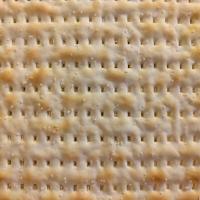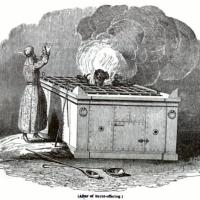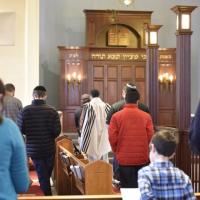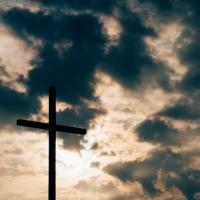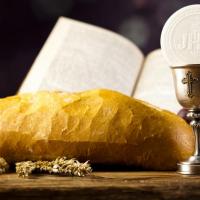The holiday we usually refer to as "Passover," the Torah refers to as "Chag Ha-Matzot," the Festival of Unleavened Bread. A holiday celebrating the exodus from Egypt makes sense, but how did flatbread end up stealing all the attention? Learn the deep symbolism of matzah and its leavened couterpart, chametz, as we prepare for the Passover holiday.
Visit Our Messianic Synagogue
Beth Immanuel is a friendly and welcoming community. Click here to learn what to expect when you visit.
Join us as we enthrone the God of Israel with praise and uplift the name of Yeshua the Messiah!
Our Messianic Synagogue is located in historic Hudson, Wisconsin, just minutes away from St. Paul, Minnesota.
We always welcome visitors, but special events and holidays are wonderful times to visit.
Messianic Jewish Teaching
Download and listen to uplifting and insightful teachings presented by D. T. Lancaster and special guests.
Read and study teachings and Bible studies from a Messianic Jewish perspective on a variety of topics.
Grow and learn daily through interactive video lessons from a variety of teachers.

